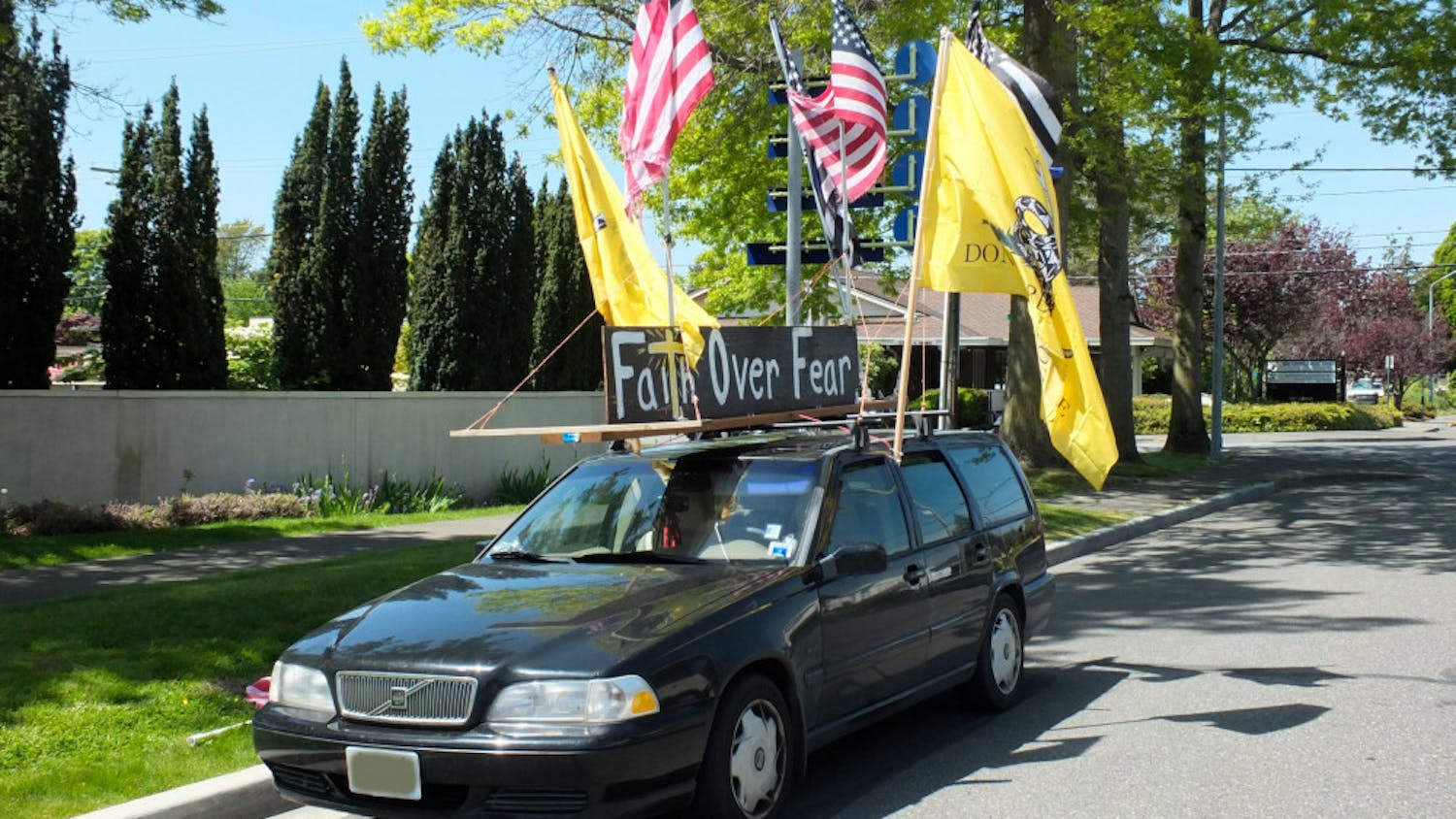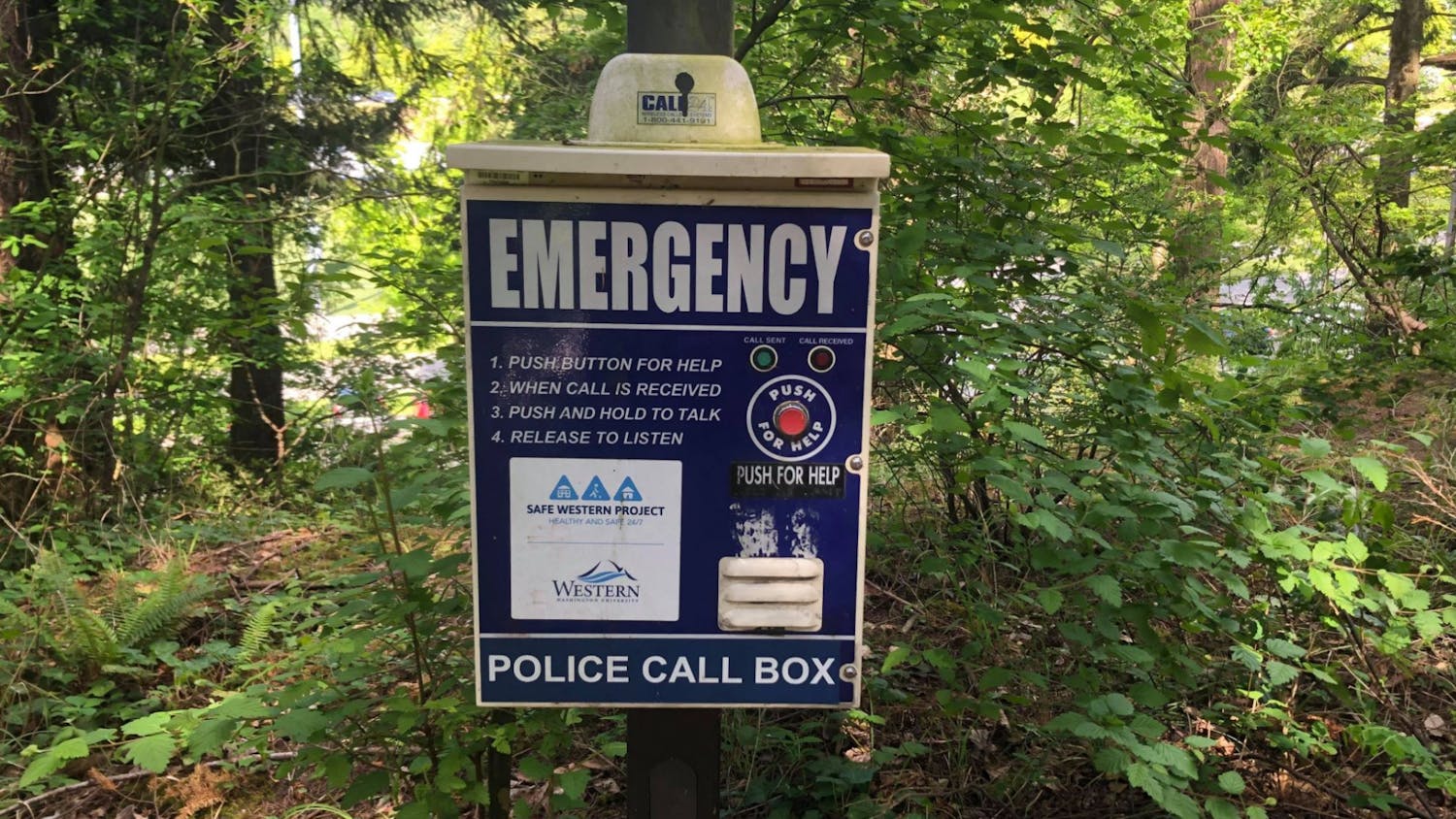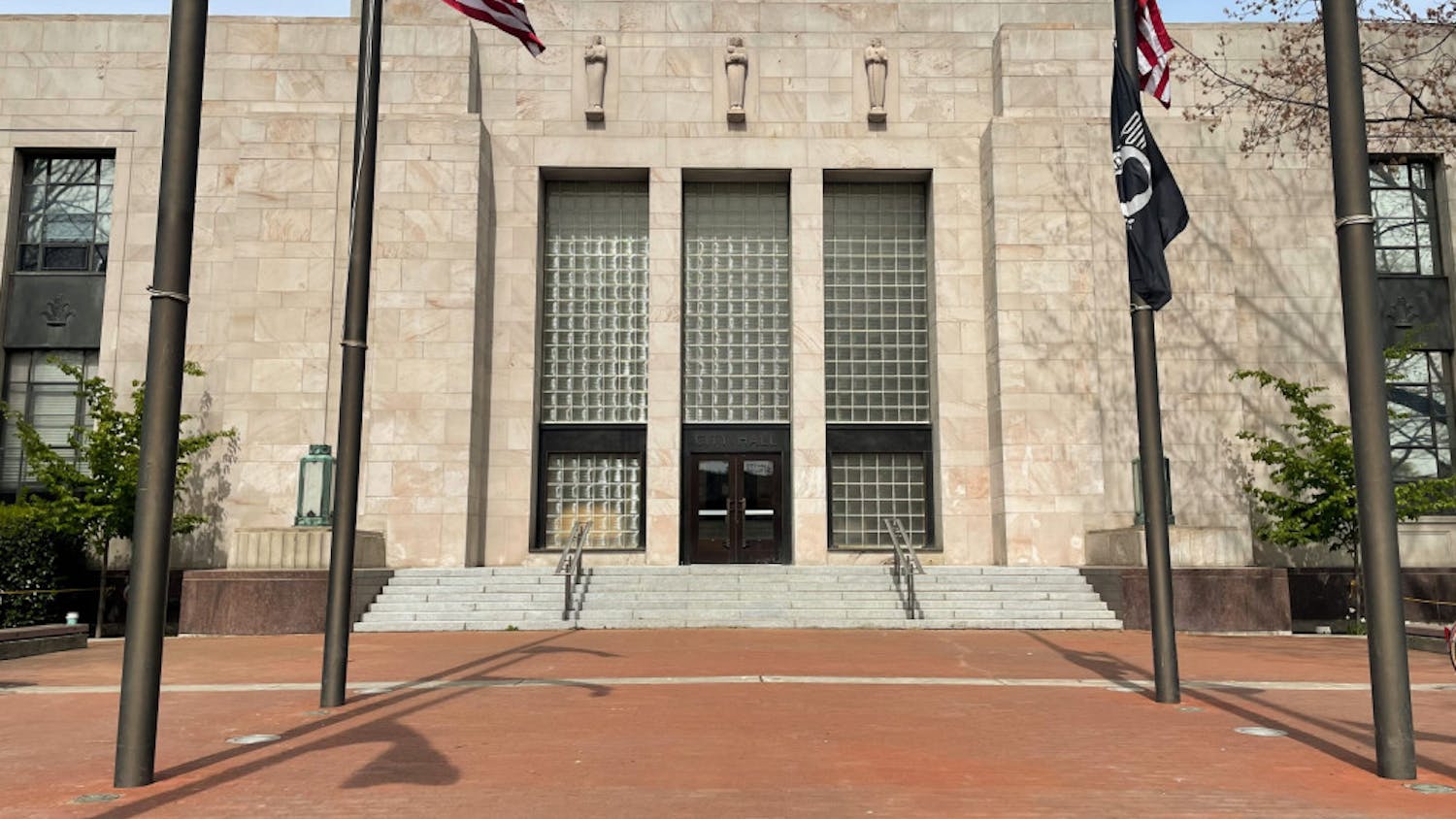This story expands on an article about People First Bellingham's campaign to get four initiatives added to the November ballot for Bellingham voters that focus on issues of renting, policing and worker’s rights. Read the main story here.
People First Bellingham continues their journey to add four new initiatives to the November City of Bellingham general election.
According to People First Bellingham’s website, the initiatives are:
Initiative One - Renter protections; renter relocation assistance; expands tenant rights to include rental relocation assistance.
Initiative Two - No invasive police tech; ban on advanced policing technologies; concerns the use of facial recognition technology and predictive policing technology.
Initiative Three - Protect the right to organize; labor neutrality; concerns recipients using city funds to discourage unionization efforts.
Initiative Four - Workers rights; fair treatment of hourly-wage employees and gig workers; concerns employee rights for hourly-wage employees and gig workers.
“Each of the initiatives contains enforcement mechanisms, many of which can be exercised by the affected individuals and some of which would allow the city to act,” said People First Bellingham campaign manager Sage Jones.
Jones explained the initiatives as the following:
Initiative One - Renter Relocation Assistance,
Provides a 90-day notice of no-cause termination or rent increase starting at 5%.
Requires landlords to pay relocation costs when they raise rent 8% or more or evict tenants without cause.
Initiative Two - Restrict Invasive Policing Technologies,
Prevents police from using racist facial recognition and predictive policing technologies.
Initiative Three - Protect the Right to Organize,
Bans employers from using city funds to prevent workers from unionizing.
Initiative Four - Expand Workers’ Rights,
Hazard pay premium of $4 an hour during any state emergency.
Guaranteed schedule for hourly workers two weeks in advance.
Good faith estimates of weekly hours for new employees.
Compensation for schedule changes without sufficient notice.
“All in all, these initiatives would make our community safer, more inclusive, more accessible, more fair and more vibrant,” said Bellingham Sunrise Movement Hub Coordinator Karen Russell. “When working people have housing security and reliable incomes, they have more capacity to participate in our local economy, supporting their favorite restaurants, small businesses and artists.”
Russell said that initiative one provides a modicum of housing security to renters, bringing landlord-tenant relationships into a better balance.
Initiative two protects our community from invasive policing technologies — many of which have been proven to be racially biased, Russell said.
Initiative three protects the right of workers to organize without interference, according to Russell.
Initiative four would require employees to receive hazard pay during states of emergency and discourage arbitrary reductions in hours and last-minute schedule changes, according to Russell.
“We are hoping to shift power toward workers and renters in Bellingham,” People First Bellingham volunteer Sam Wambold said. “We don’t want to see a Bellingham in five to 10 years in which workers can’t afford to live or are constantly struggling; we feel as though the city and the government have been unresponsive to the needs of working people before and during the pandemic.”
7,500 signatures are required for the initiatives to appear on the November ballot.
Jake Isomis a city life reporter for The Front and a third-year visual journalism pre-major at Western Washington University. His work focuses on health and wellness within local communities. You can contact him atjakeisom.thefront@gmail.com.







